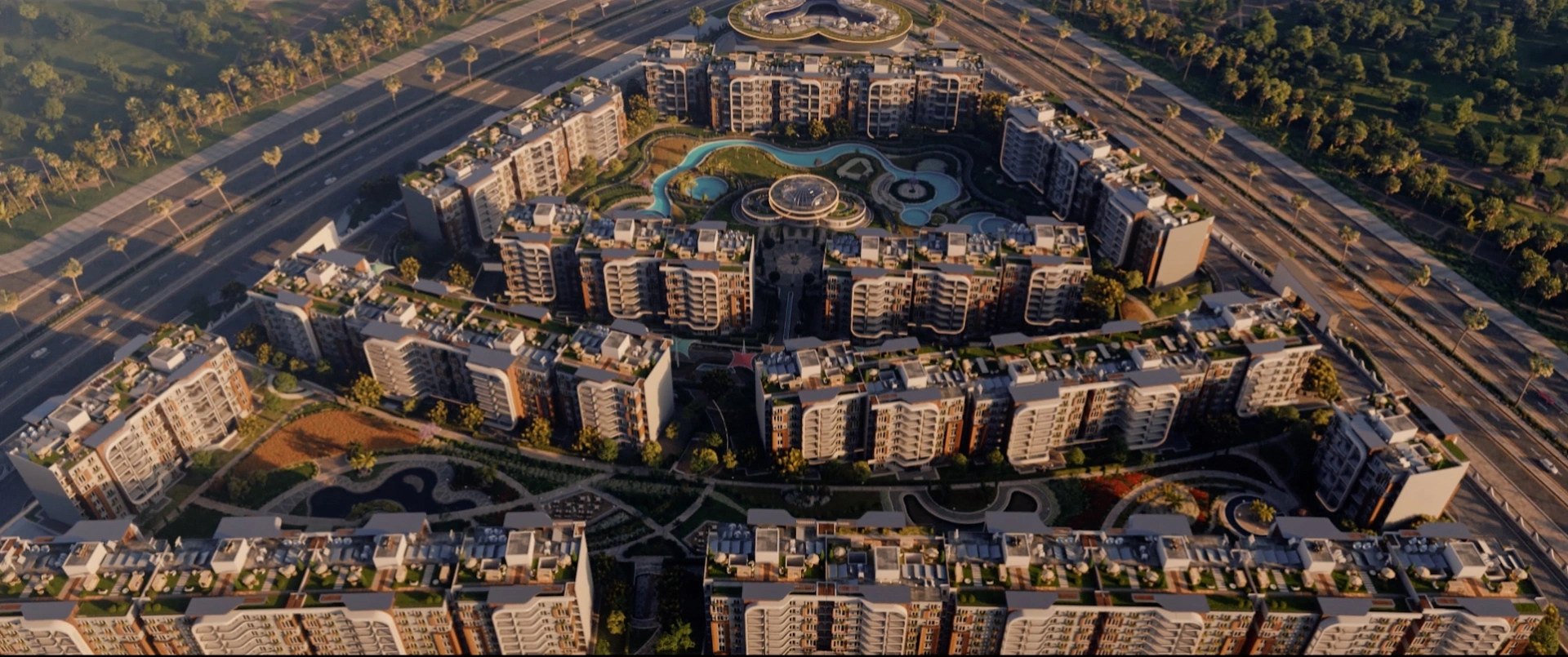Long-Term Real Estate Investment… How to Achieve Sustainable Returns
There is no doubt that real estate is one of the unique and indisputable types of investments. It stands out as one of the most secure sectors in terms of generating consistent income, while also preserving capital value and withstanding various surrounding factors and conditions—such as inflation and other economic challenges. For this reason, clients seeking exceptional investment opportunities in the current market should focus on selecting the right type of property and making it a priority within their investment portfolio. Today, we will provide you with key insights into long-term real estate investment—how to achieve sustainable returns, the most prominent types, their benefits, and the challenges and risks involved. Long-Term Real Estate Investment… How to Achieve Sustainable Returns ?.
How to Achieve Sustainable Returns from Long-Term Real Estate Investment
Long-term real estate investment is one of the most notable strategies that requires implementing a comprehensive, sustainable plan with a clear vision. It generally involves purchasing properties for resale after a long period or leasing them to tenants.
This approach demands thorough research and analysis of all requirements, surrounding conditions, and future expectations, as well as a complete risk and return assessment. When all favorable conditions are met, long-term investment can be highly profitable and ensure a sustainable income stream.
Types of Long-Term Real Estate Investment
Long-term real estate investments come in various forms, and investors can choose the most suitable option based on their preferences, available budget, and primary investment goals. Below are the most prominent types:
Residential Real Estate Investment
This is one of the most popular types in recent years. It involves purchasing different types of residential units with the goal of resale after a certain period or leasing them out. It is considered relatively safe due to the consistently high demand.
Commercial Real Estate Investment
Commercial property investment has recently gained momentum, involving the purchase and leasing of offices, retail shops, and warehouses. However, it requires careful market study and demand analysis due to fluctuations in demand. Despite these factors, commercial real estate typically yields higher returns than residential properties.
Land Investment
Purchasing land is one of the most profitable long-term investments, especially in areas undergoing urban development. The value depends on location and future urban planning—whether for residential or commercial use.
Benefits of Long-Term Real Estate Investment
Stable Financial Returns
Long-term real estate investment offers steady income compared to other investment types. Properties retain and grow in value over time, ensuring consistent revenue—either from rental income or capital appreciation.
Income Diversification
Investing in multiple properties across different locations helps diversify income sources and minimize financial risks, contributing to greater financial stability.
Protection Against Inflation
Real estate offers an effective hedge against inflation, as property values and rental rates typically rise alongside the cost of living, preserving the purchasing power of invested capital.
Key Factors for Success in Long-Term Real Estate Investment
Location
One of the most influential factors in determining property value and returns. Choose areas with long-term growth potential, urban development, and full access to services and facilities.
Financial Analysis
Conduct a comprehensive financial analysis, covering projected returns, maintenance and repair costs, taxes, and other fees.
Timing
The timing of property acquisition is crucial. Purchasing during market slowdowns can offer excellent opportunities and better pricing.
Challenges and Risks in Long-Term Real Estate Investment
Market Fluctuations
Despite the relative stability of real estate, market volatility can significantly affect property values. Economic downturns and shifts in supply and demand may lead to temporary declines in value.
Unexpected Costs
Unforeseen expenses—such as urgent maintenance or repairs—can negatively impact expected returns.
Changes in Government Policies
Policy changes, including tax regulations or construction laws, may influence real estate returns. Investors should monitor such changes closely and adapt accordingly to ensure continued success
